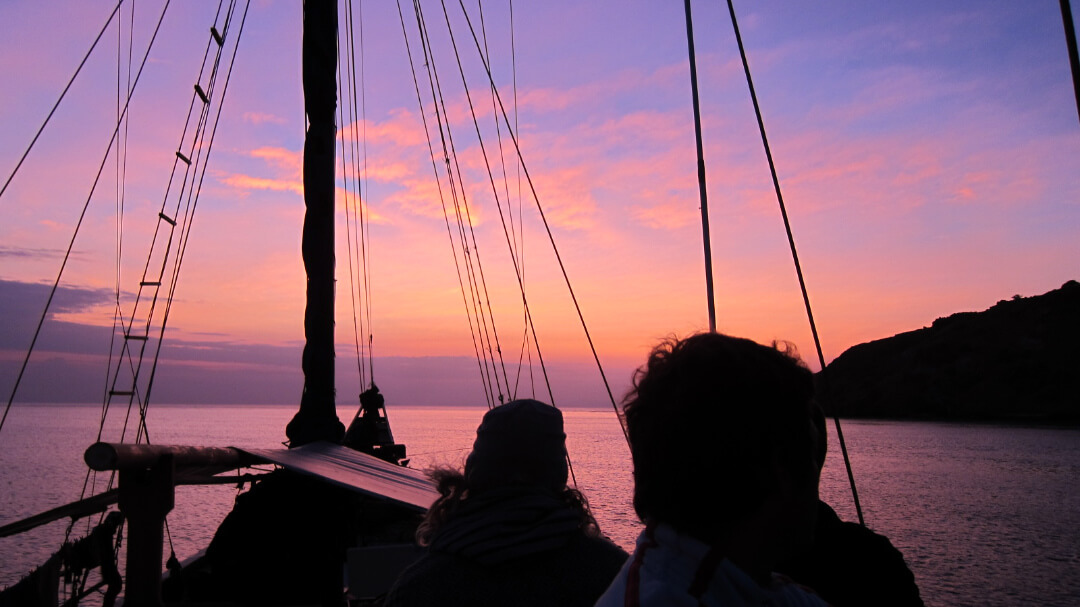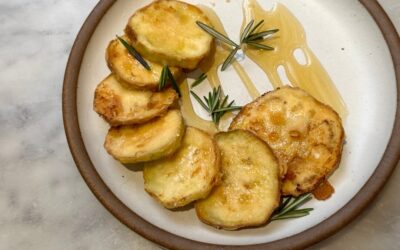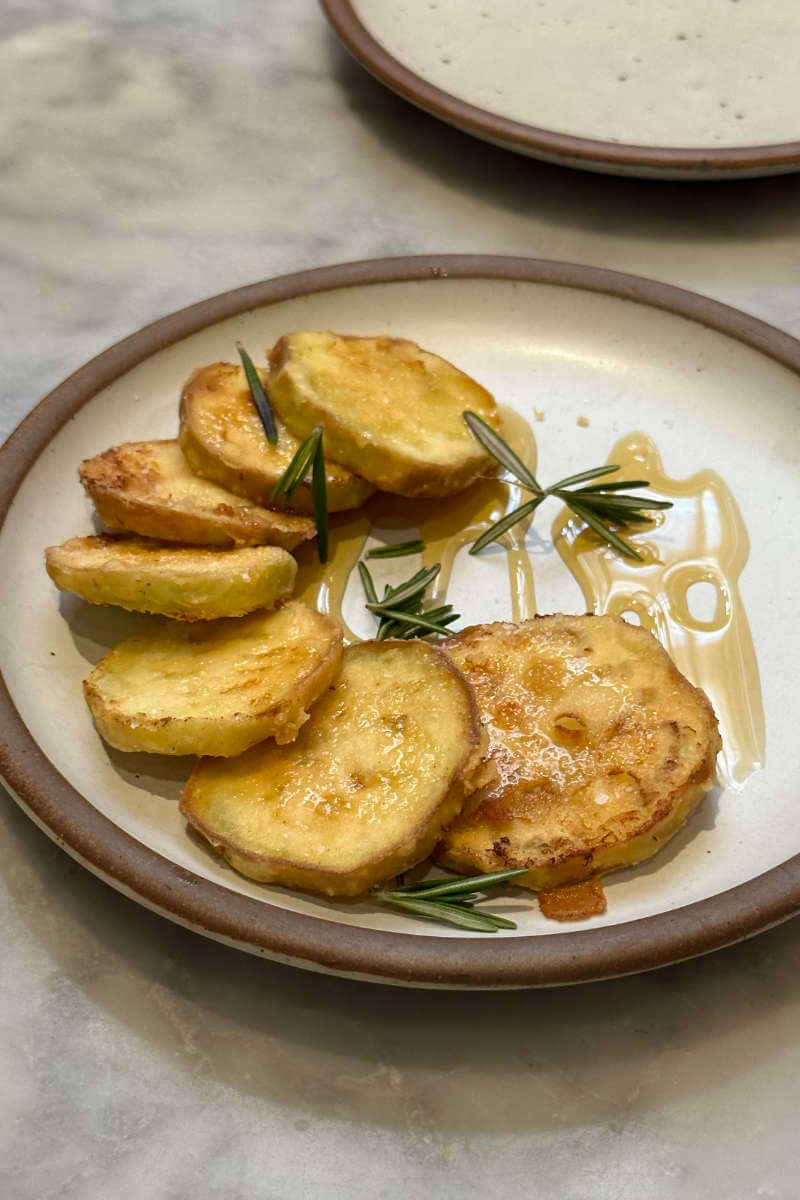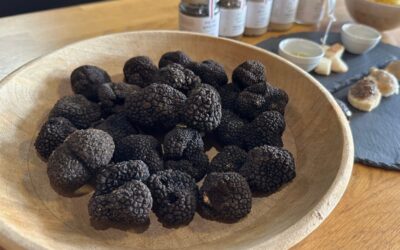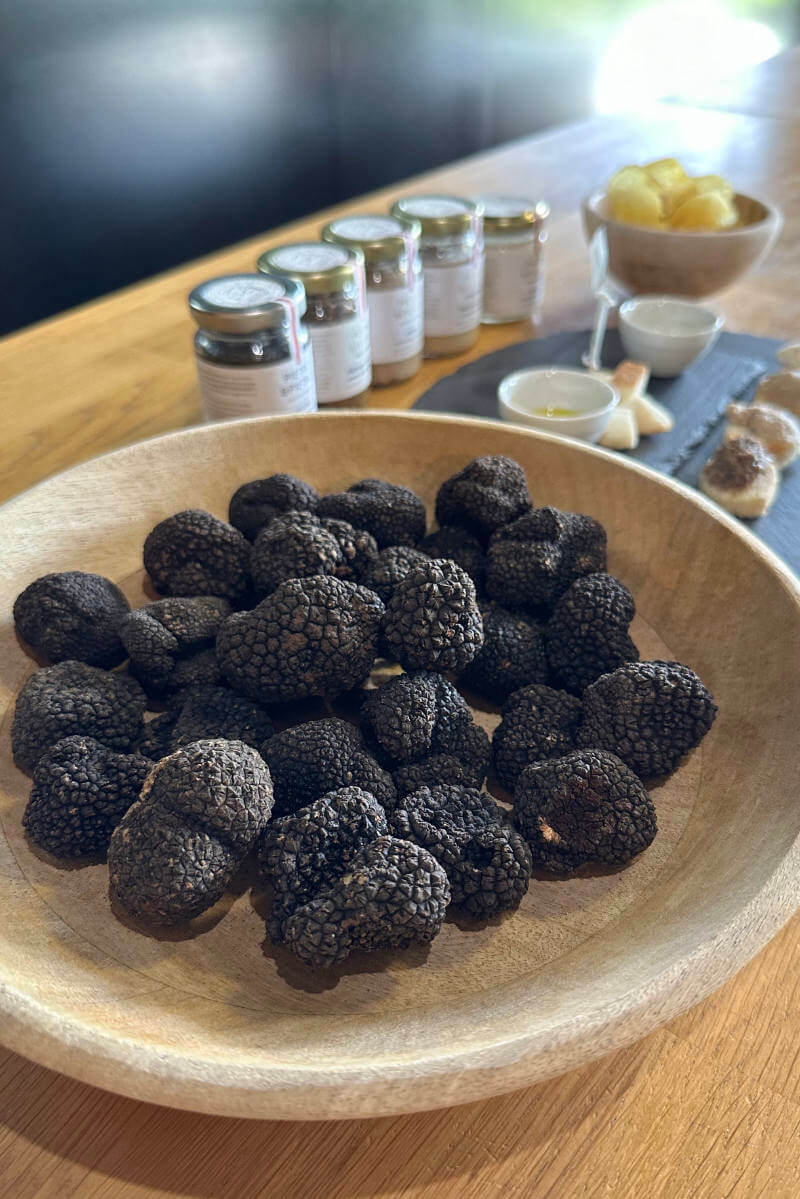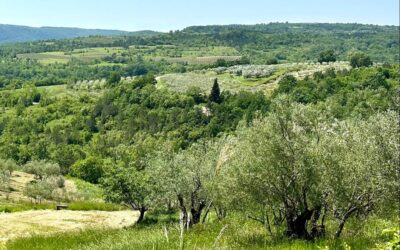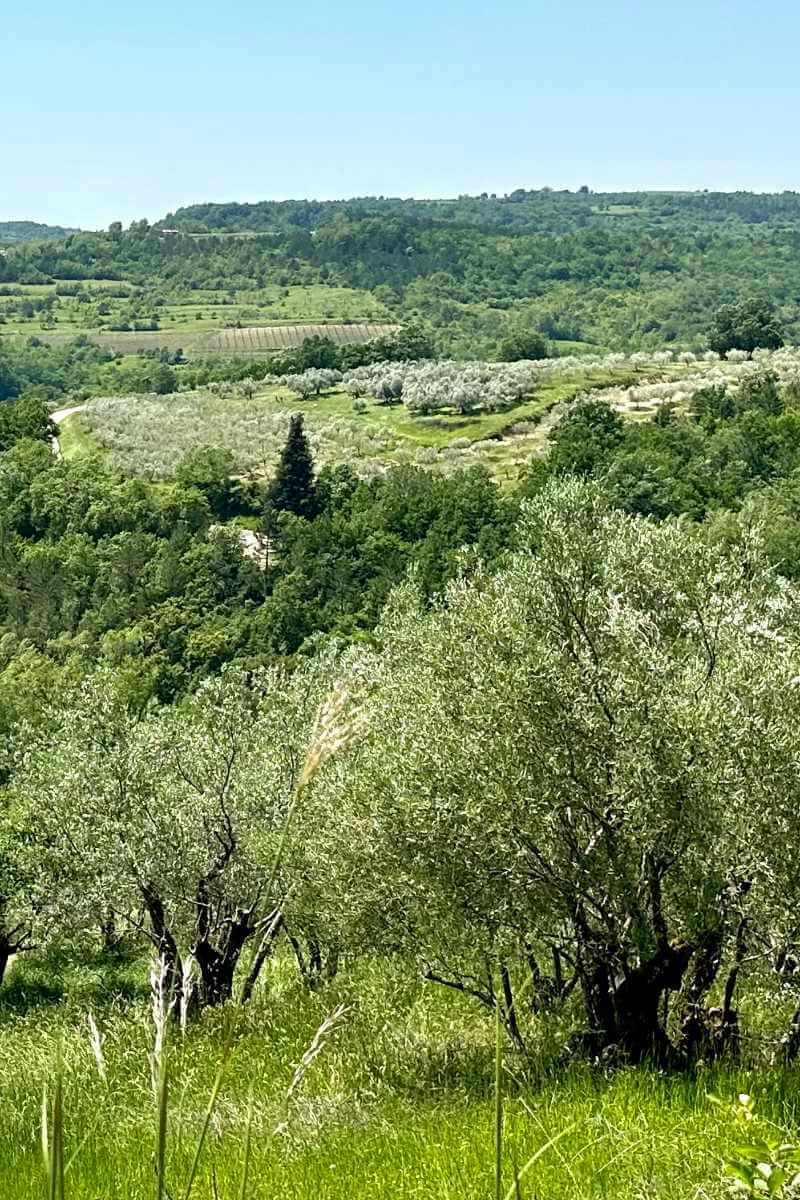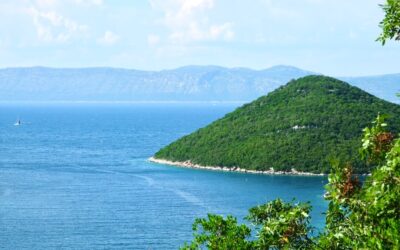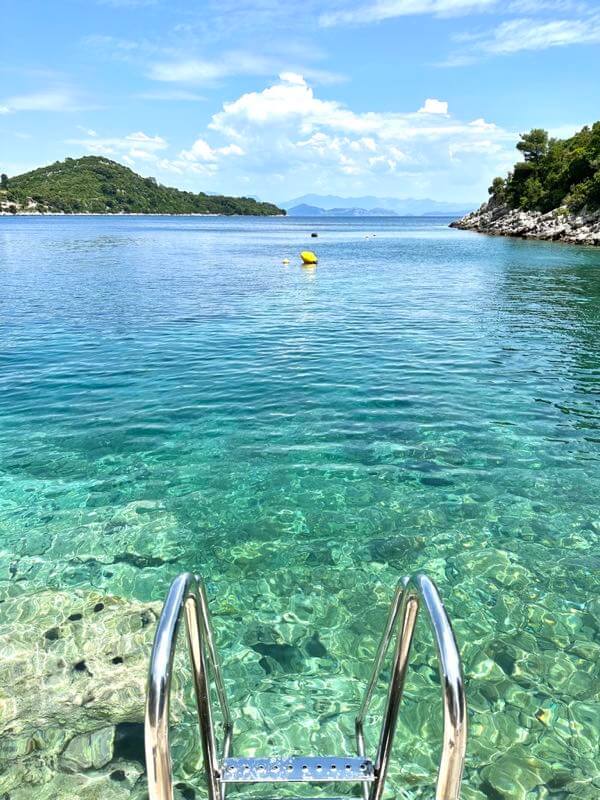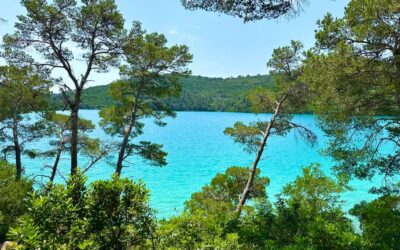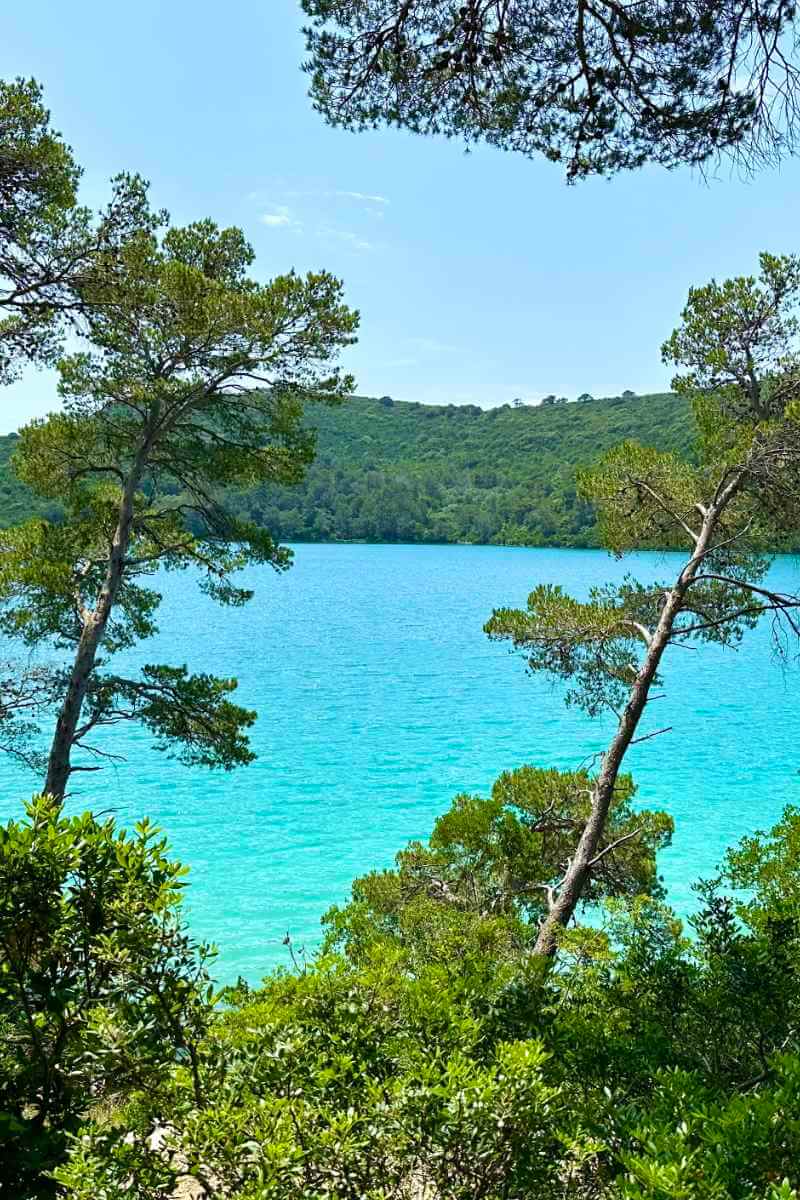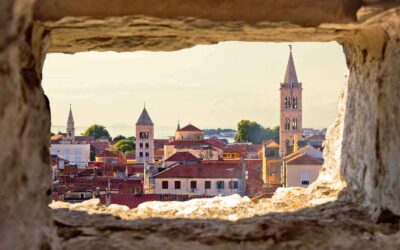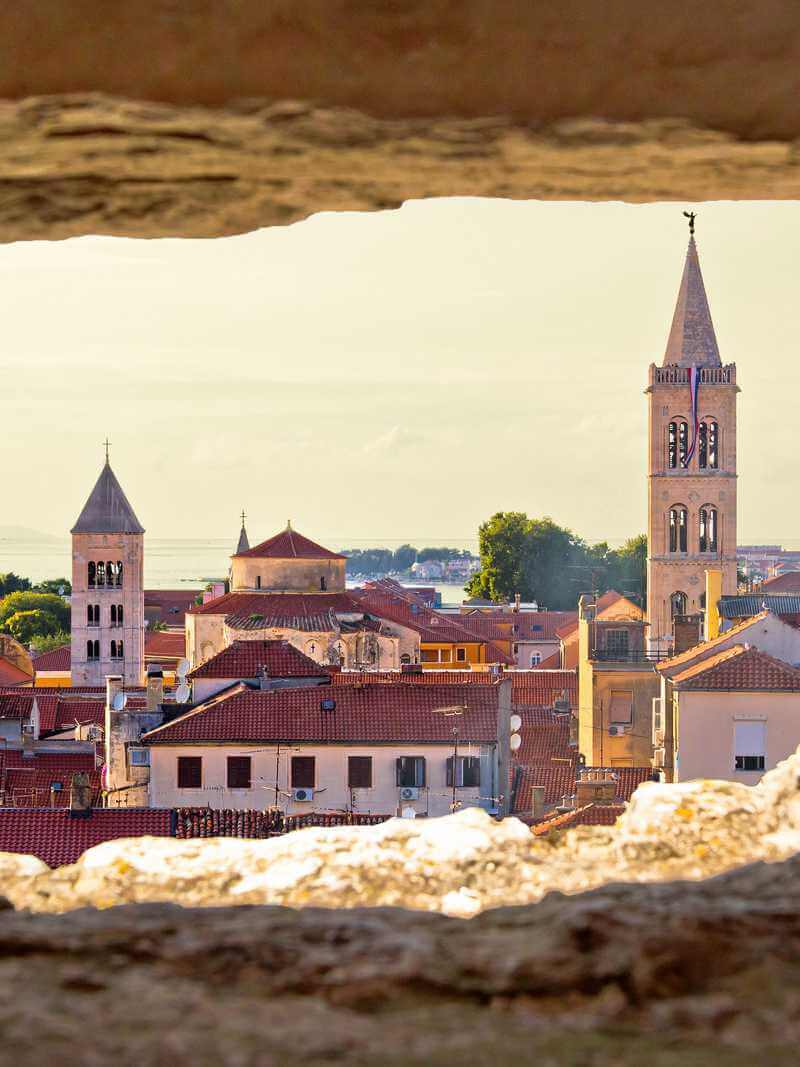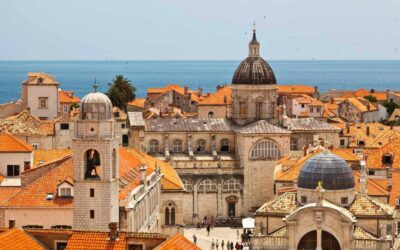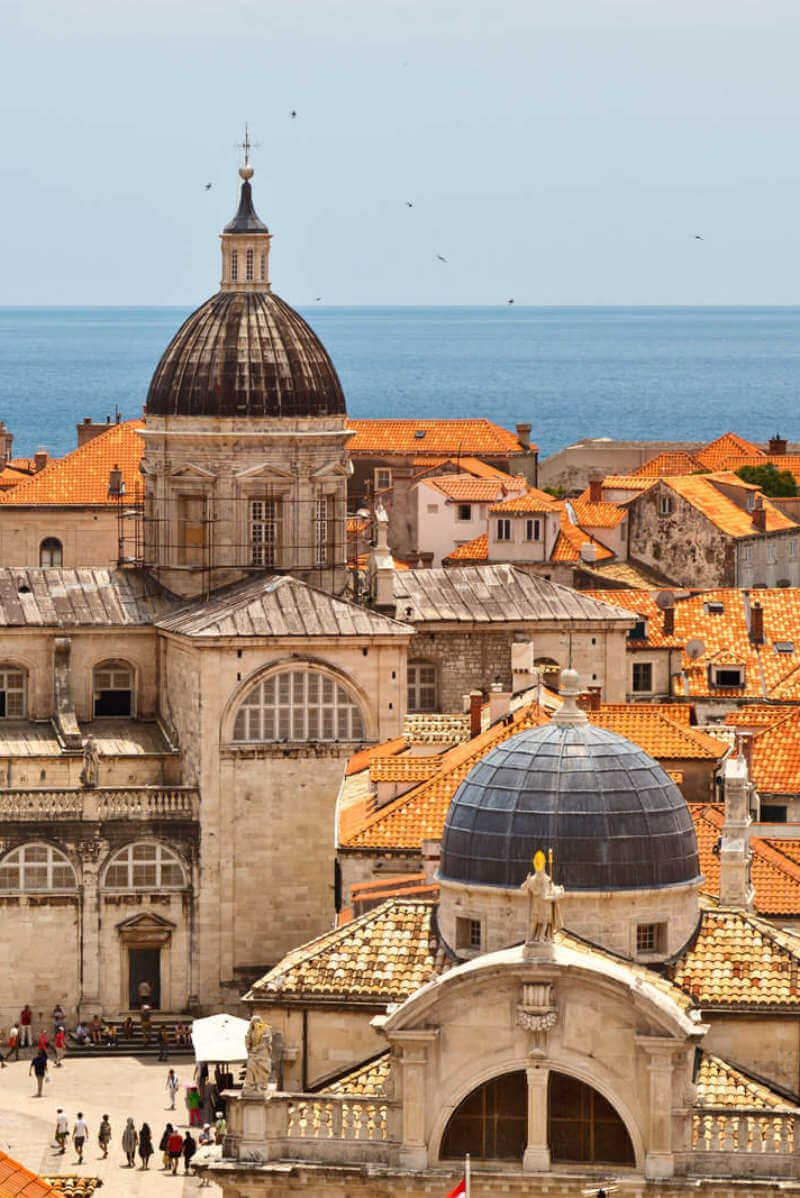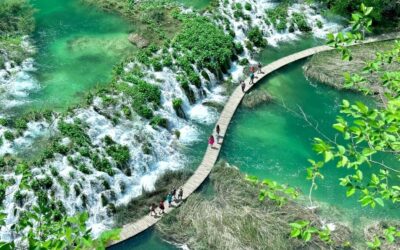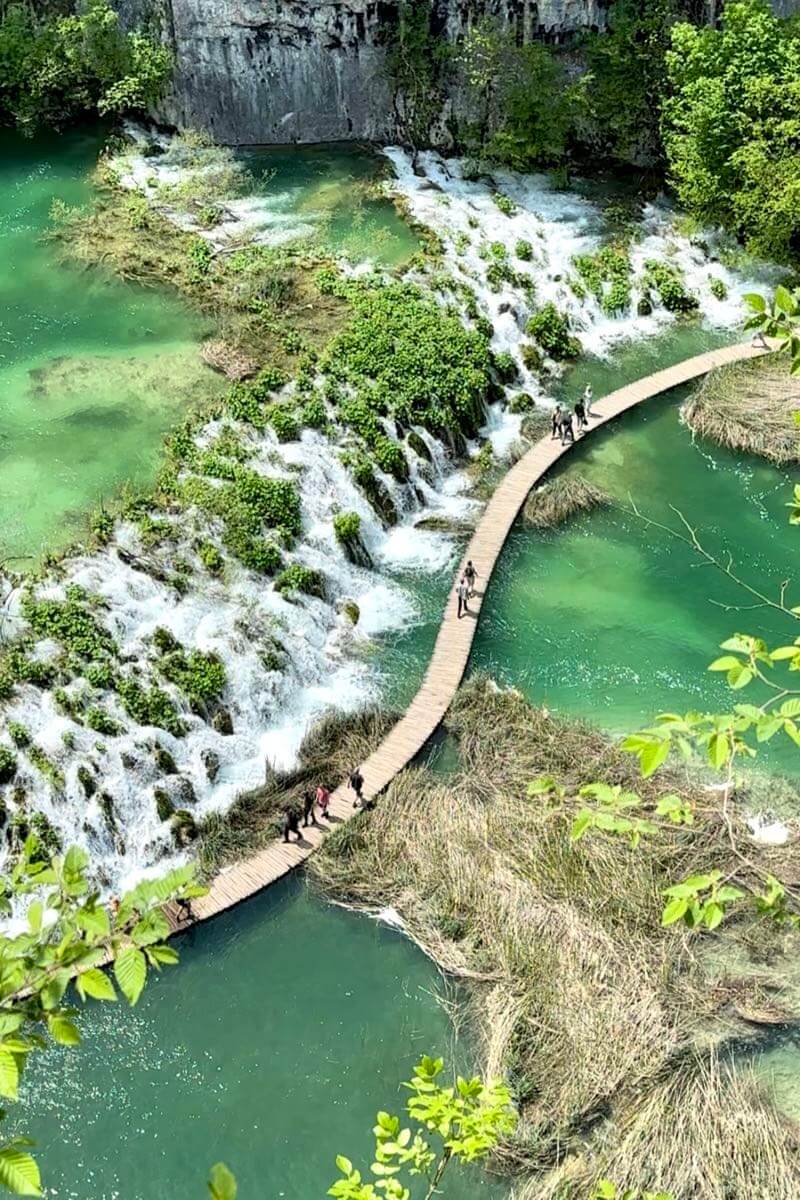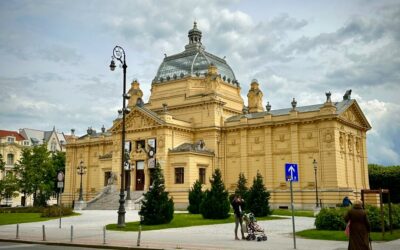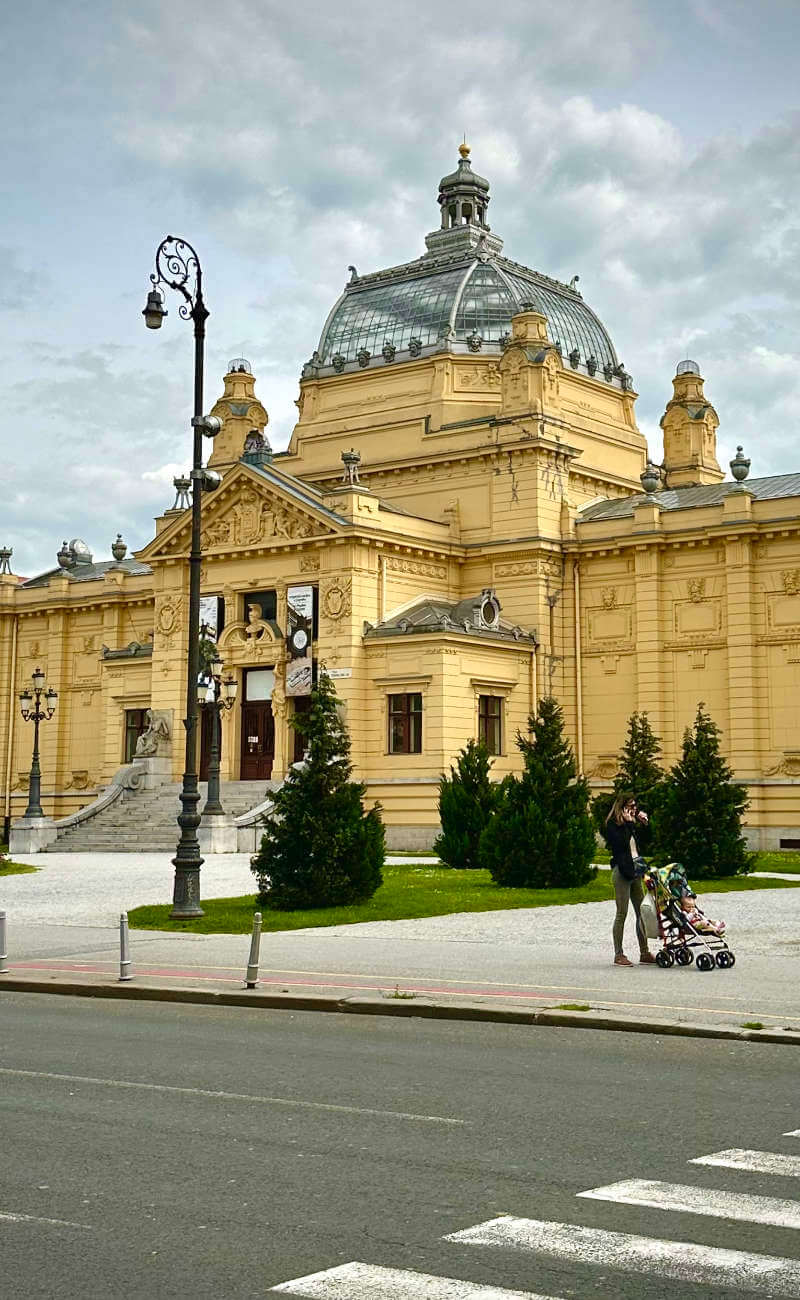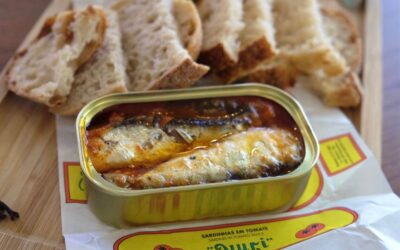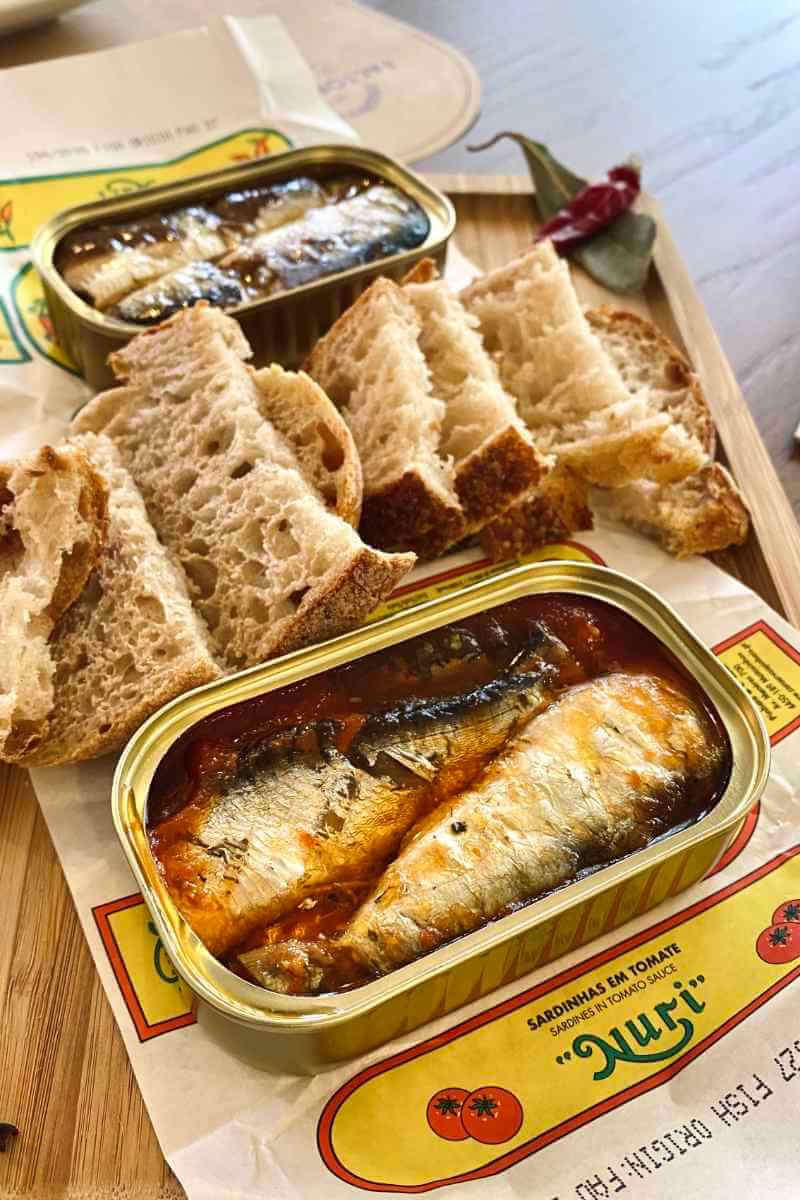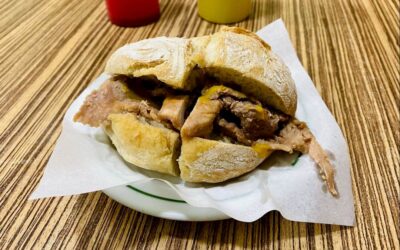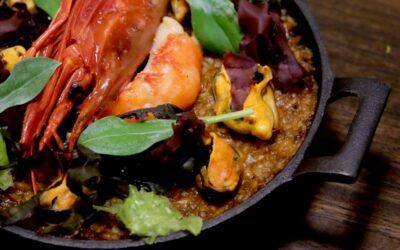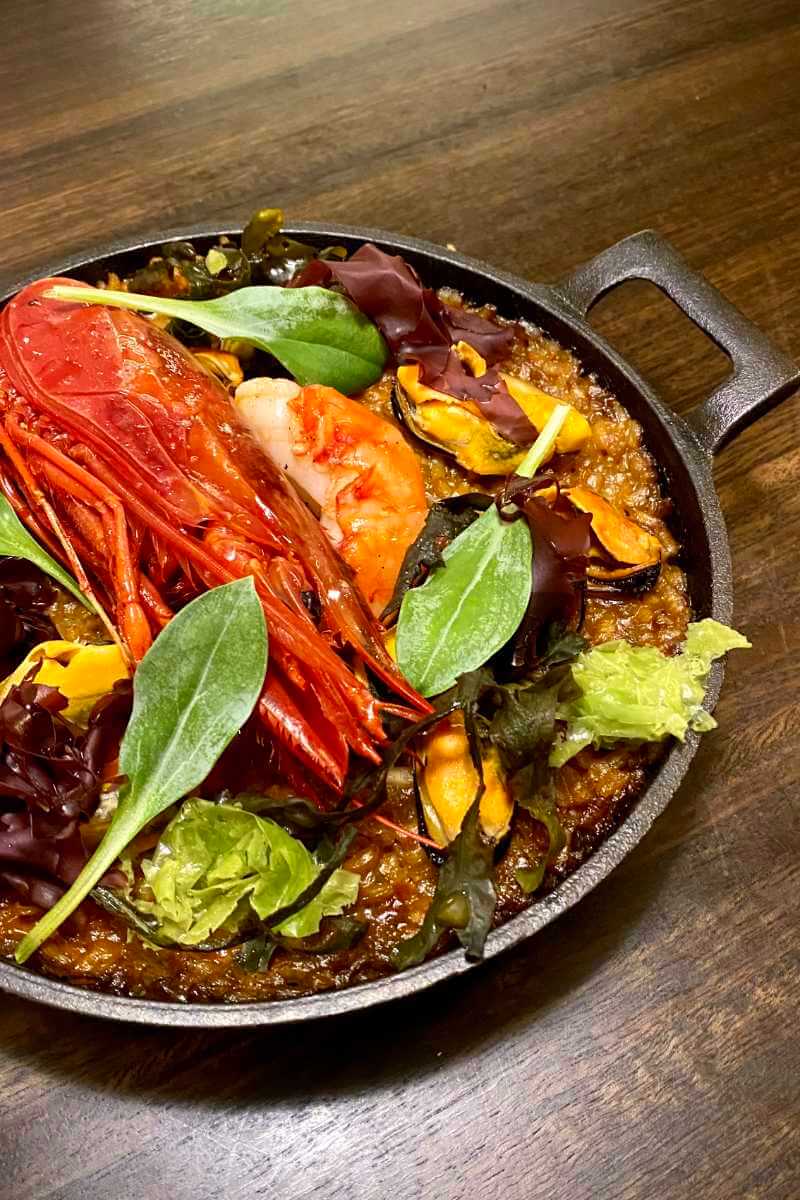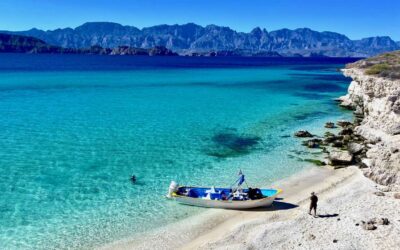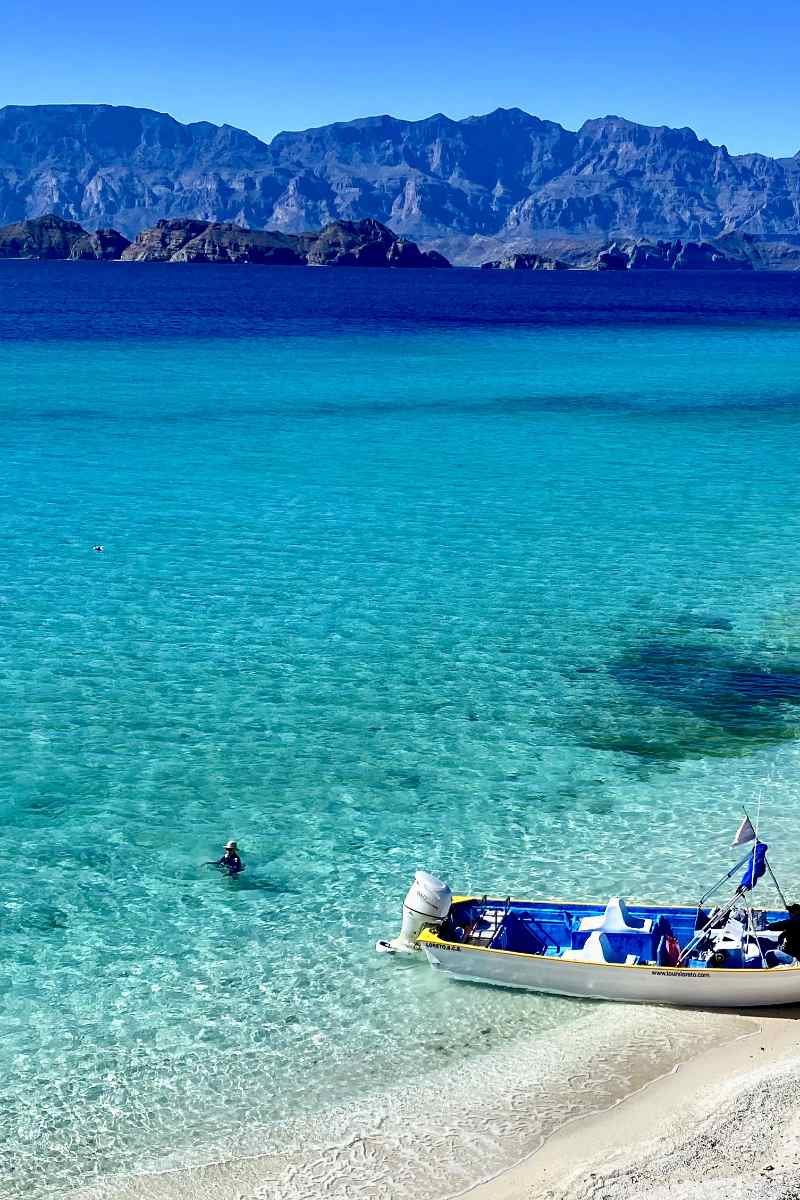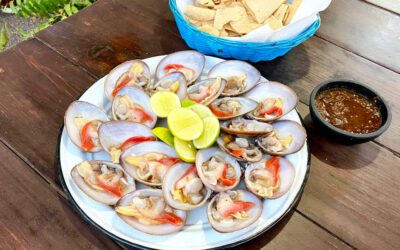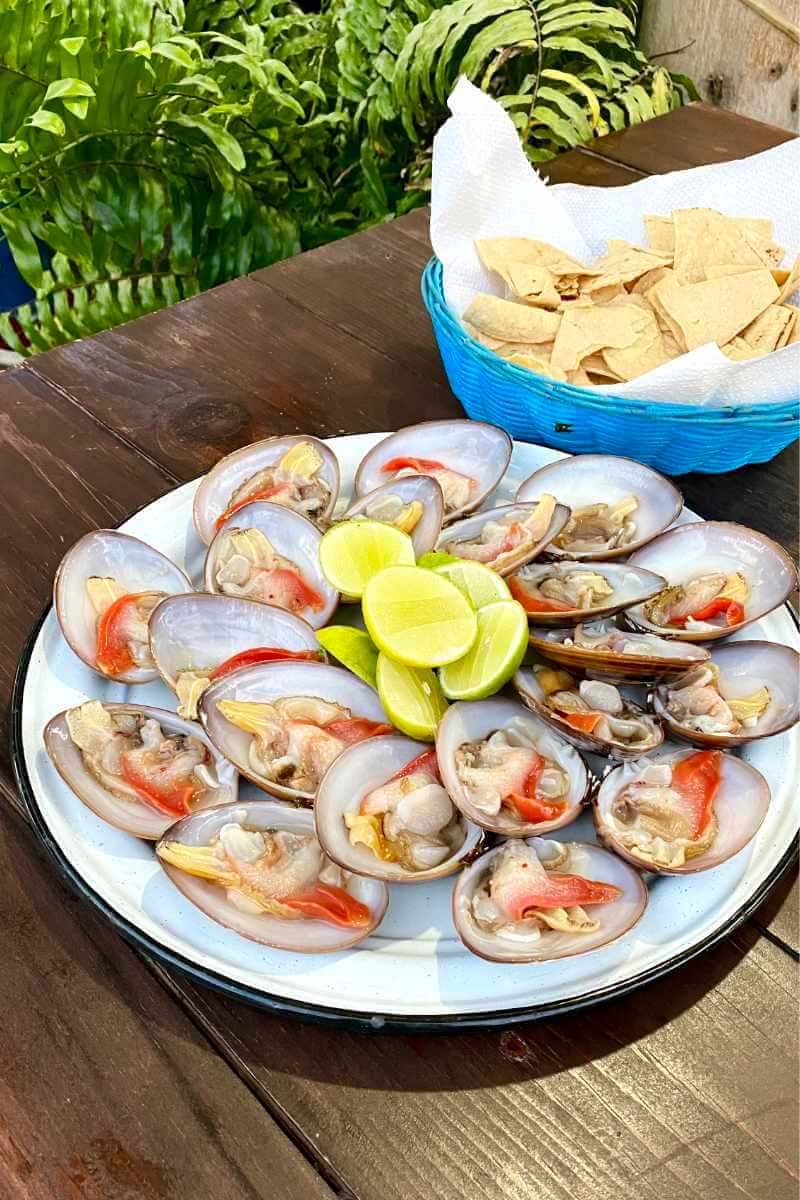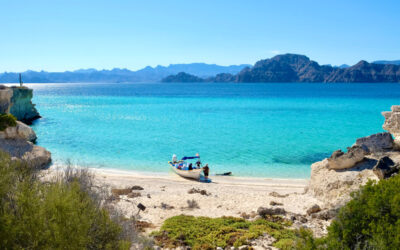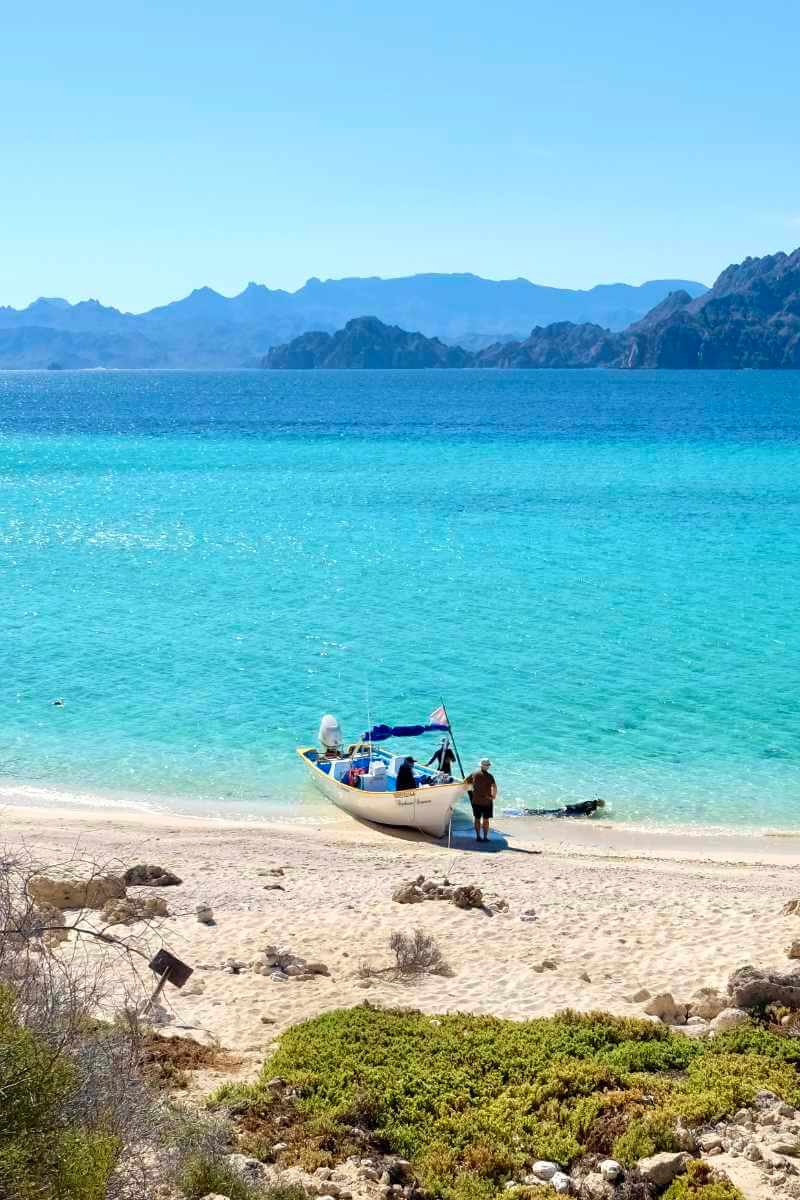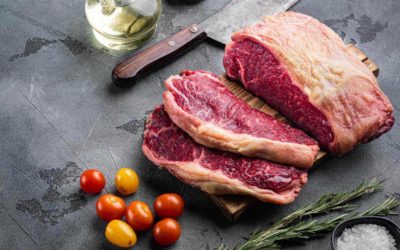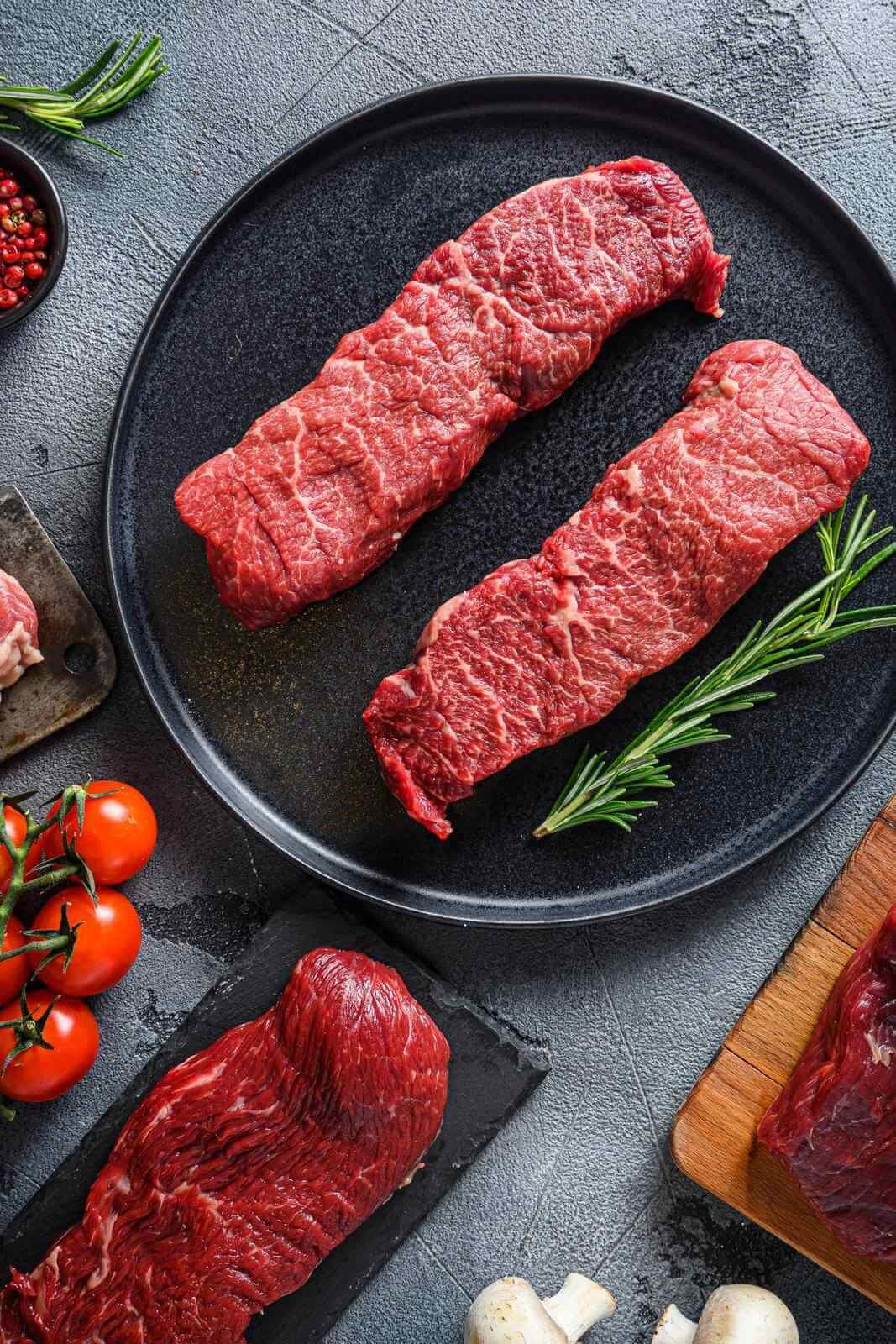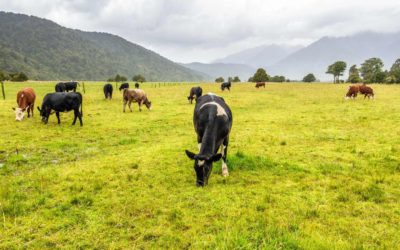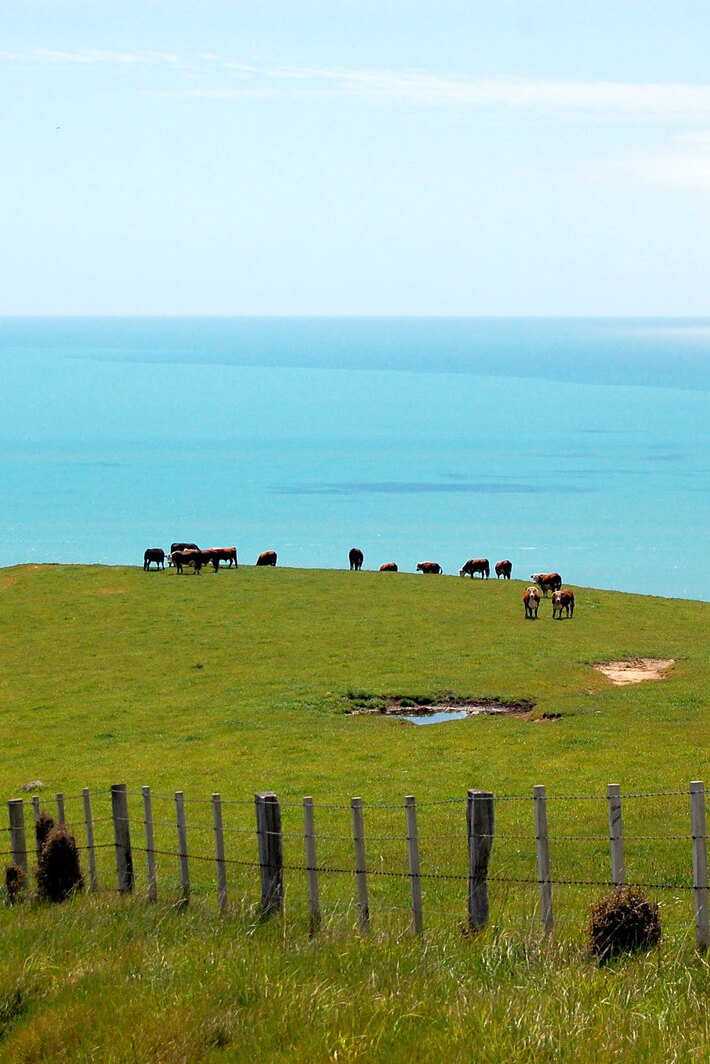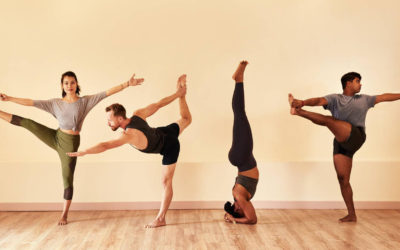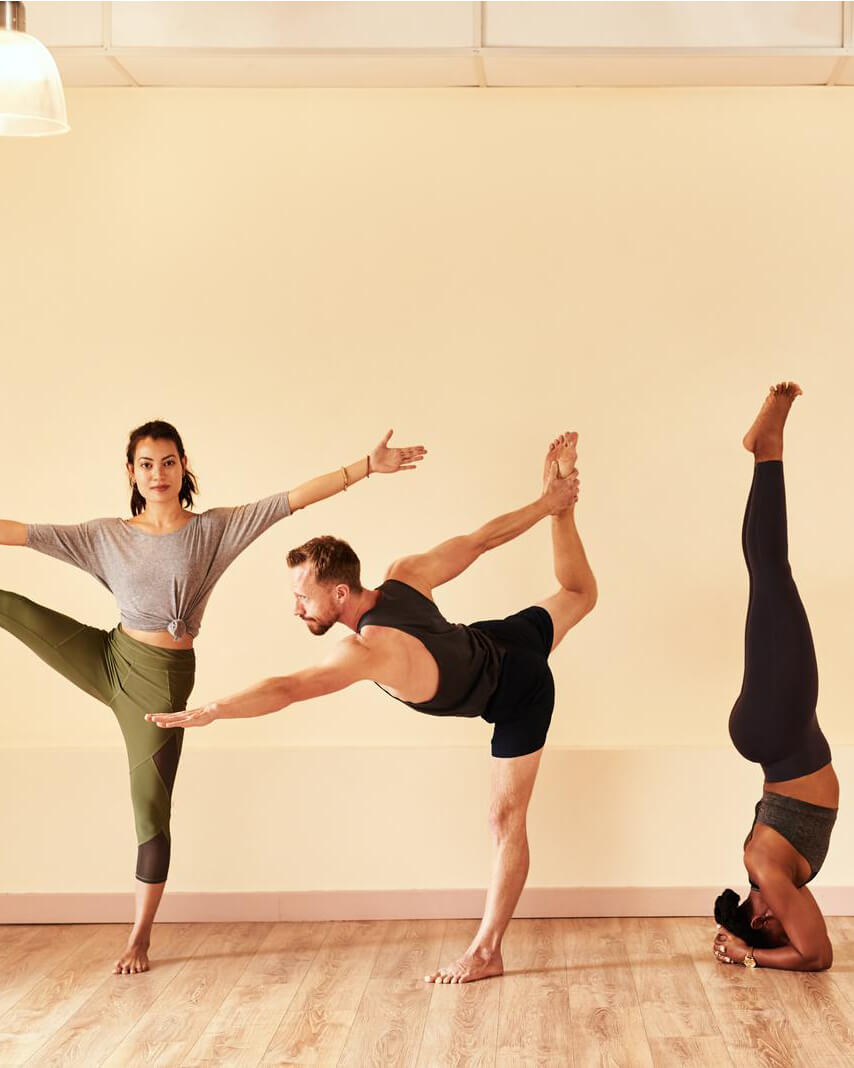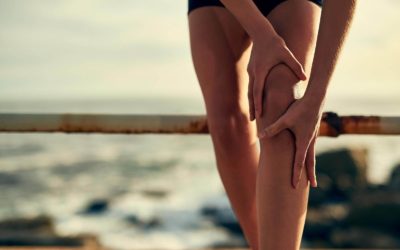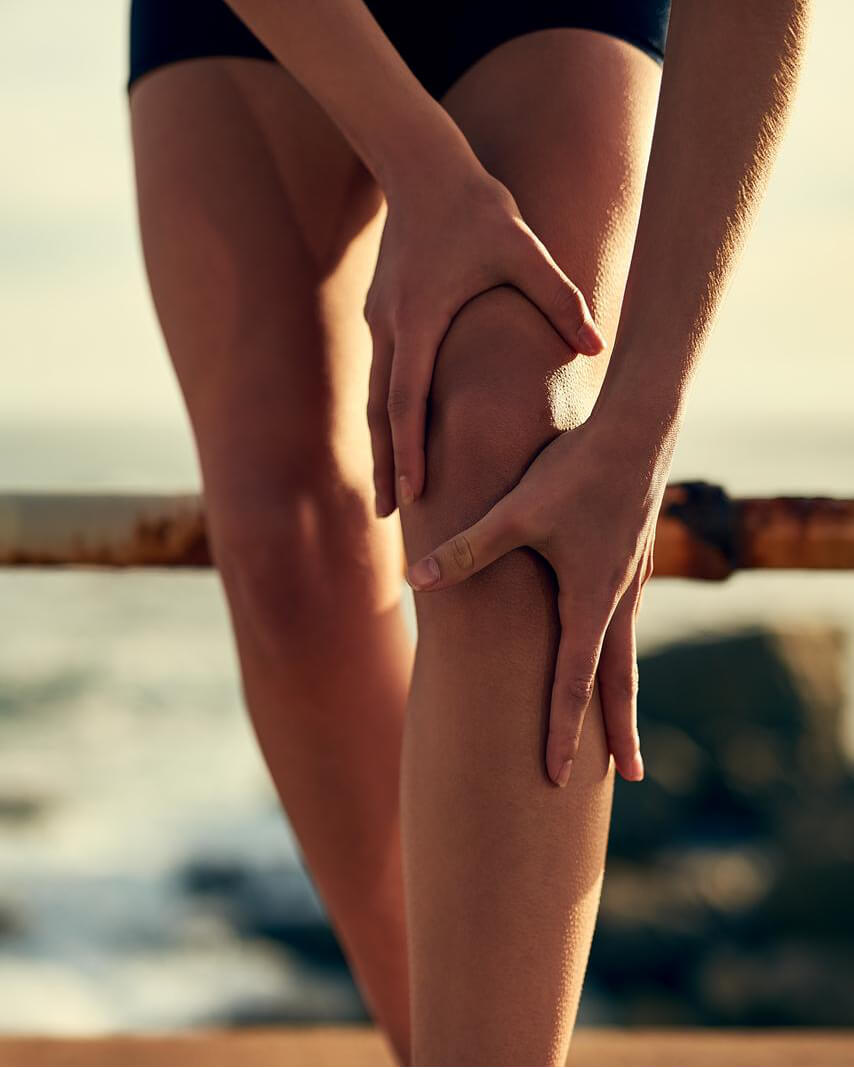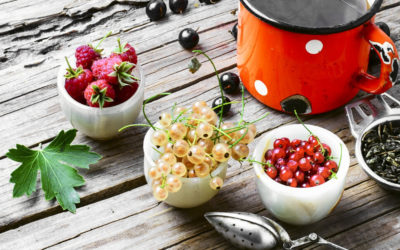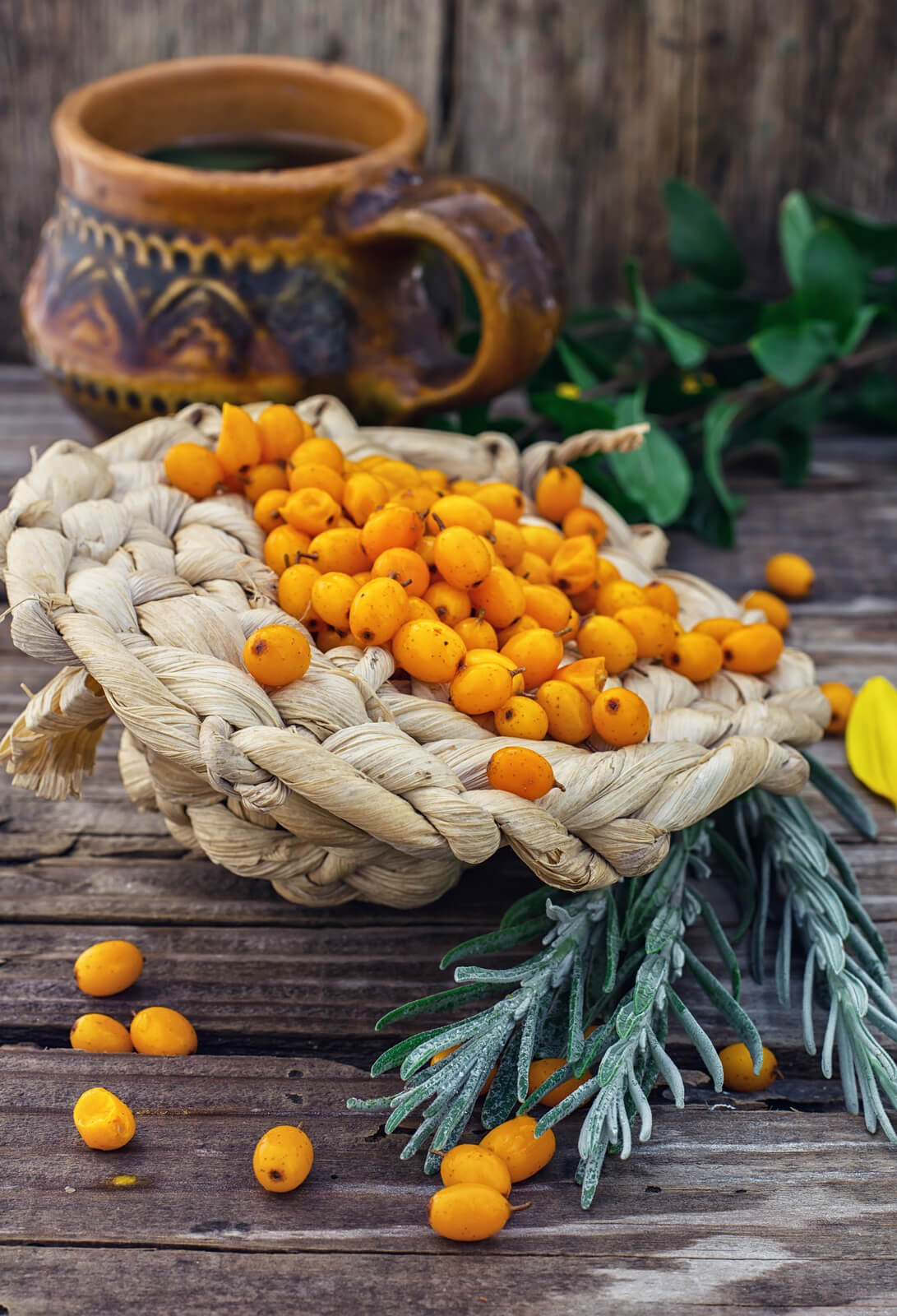What does travel mean to you? Everybody has different travel styles and interests at different stages, but why do we travel?
In the era of social media, we see inviting shots of travel destinations easily. Do we travel all the way over to see the same thing, take the same photos, and share on Instagram? Do we try to choose experiences without influence? Do we allow room for pleasant surprises?
Regardless of style, perhaps it’s expansion that we seek from travel. To experience something different, to learn something new, to take fun to the next level, to flirt with our senses, to reflect deeper within, to unstuck, to let go of control, to reshape relationships, to witness untold stories, to challenge existing perspectives. Perhaps it’s curiosity toward life. Perhaps it’s wanderlust to appreciate life. And perhaps it’s the most sensational way to feel life.
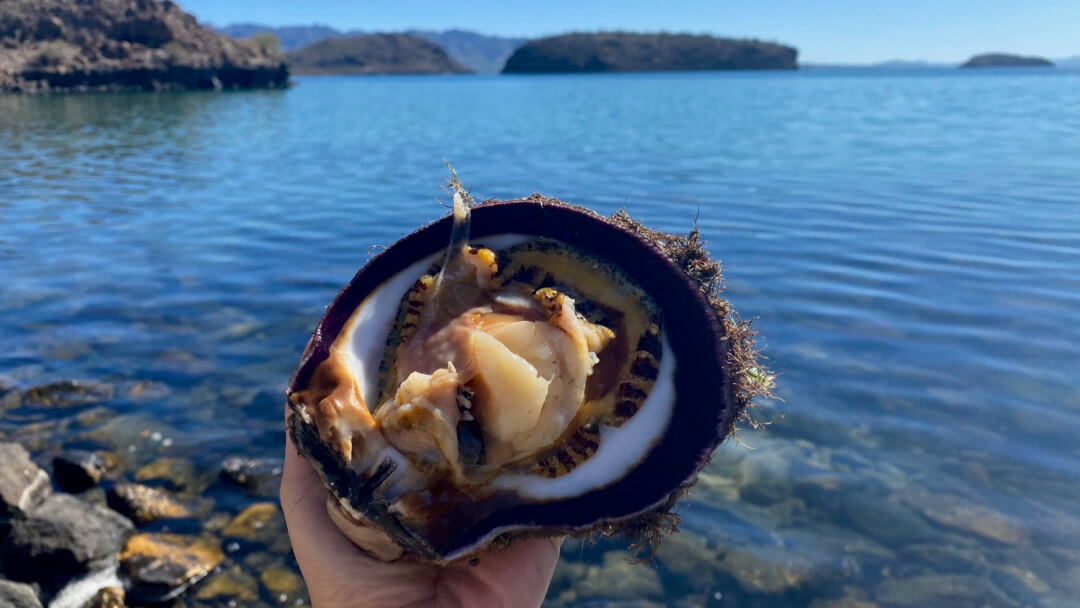
Looking for new stimulations for your taste buds?
How does pasta in an American chain restaurant differ in flavor and texture from pasta made from scratch by a grandma using local ingredients in a small village in Italy? What are the local ingredients used in a salad in a traditional market in Vietnam that you don’t see at Vietnamese restaurants in your city? What does ceviche made with fish you just caught 20 minutes ago from pristine water taste like? Are you inspired by Anthony Bourdain’s No Reservations and Parts Unknown? What makes a dish authentic? What are the regional variations or social class variations?
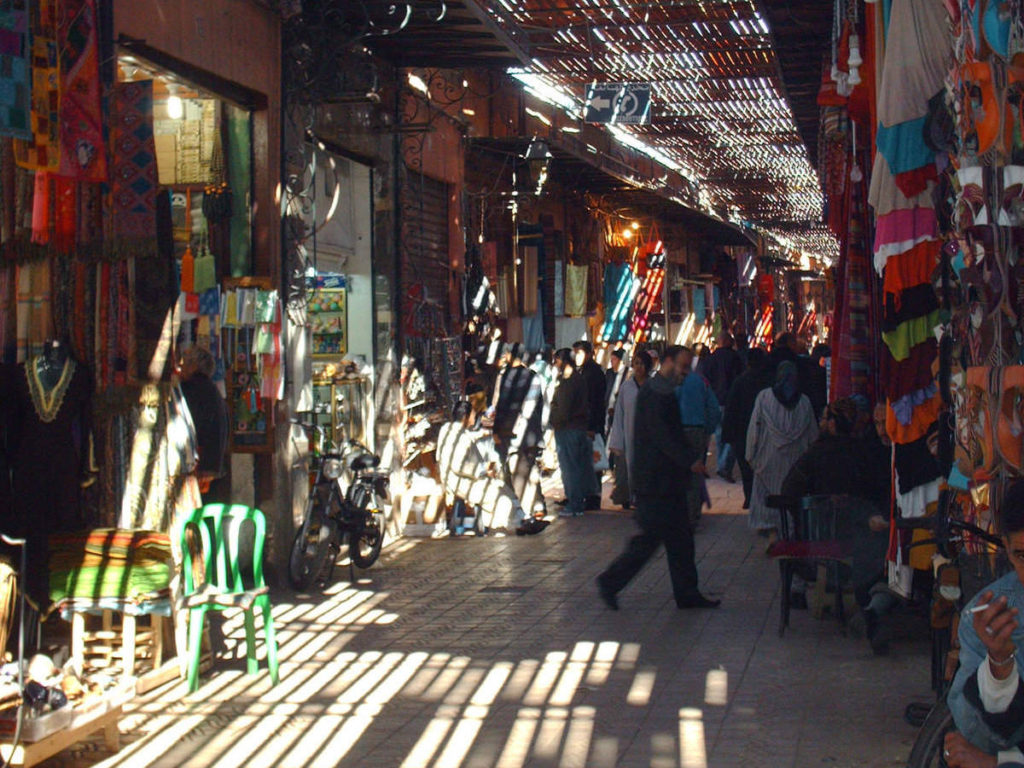
What is unique about the local shopping experience?
How and where do the locals shop? Or do they trade instead? In a lot of tropical places, fruits, vegetables and fish at farmers markets are second class. Tourists don’t have easy access to the best and freshest.
What is their standard and why? How does the standard change across different neighborhoods and regions?
Is there a tourist price and a local price for goods or transportation? How’s their value system different from yours and why? I am not bad at bargaining at all in night markets in Asia, but in the souks of Marrakech, I feel like a fool in the beginning. Toward the end of the my time there, I know to start from one third of the asking price or less. But later, I learn from a man doing international trades of Moroccan goods for years that there’s no such thing as fair market value in the souks. Whatever you are willing to pay is the value. From that perspective, the merchants are not ripping customers off. In western worlds, isn’t this the same system for higher end products, arts or even real estate? In fact, a throw pillowcase I recognize from Morocco is priced at more than 10 times of the souk price at a boutique shop in California. Why isn’t that a rip-off?
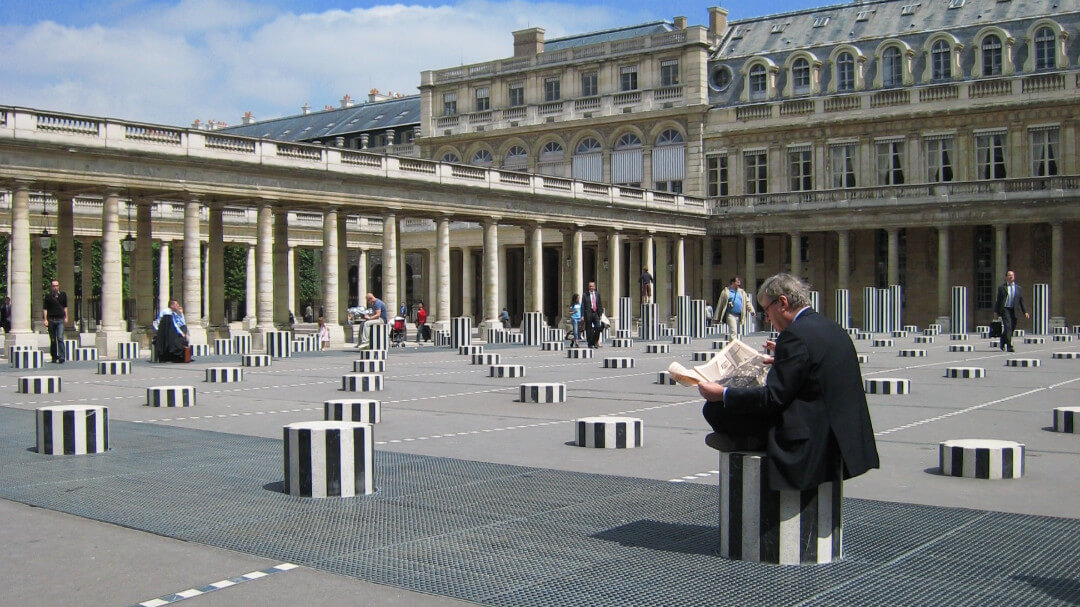
How does each culture spend time differently in daily lives?
I am not as punctual as Germans, but I am stressed for being 10 minutes late to a class after making a wrong turn into a nearly-impossible-to-back-out narrow lane in Sicily. Instead of rushing to start the class, this Sicilian grandpa makes sure I sip a cup of coffee or tea to relax. He believes its more important to set the right mood before class so the time I spend on making Sicilian food is not wasted. It’s counterintuitive, but this littlest thing is one of the biggest lessons in my life.
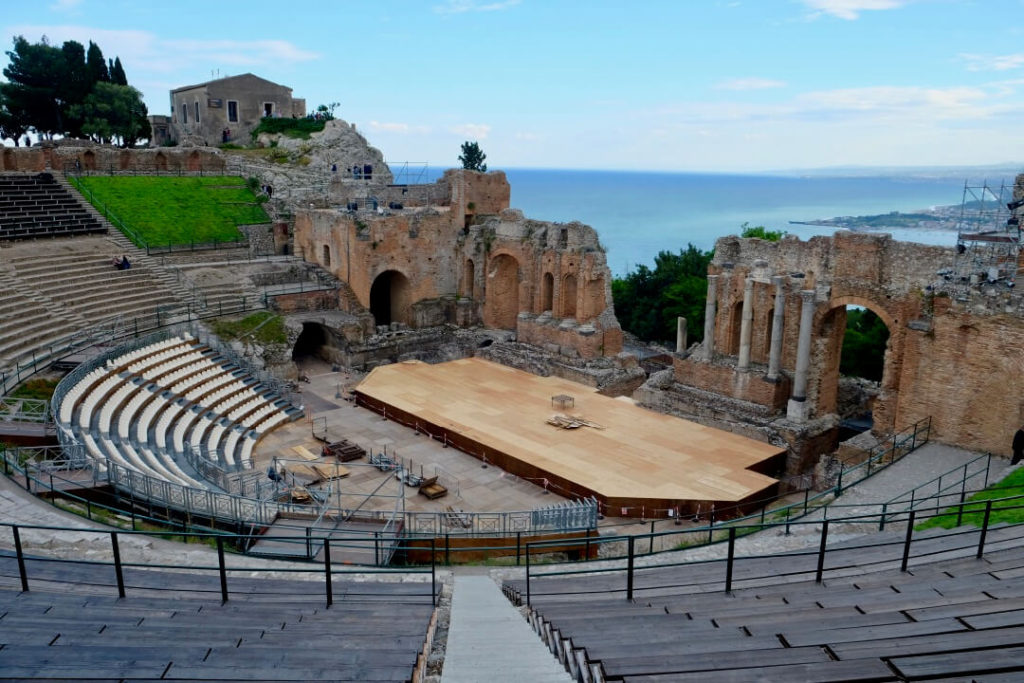
Architecture of various periods and cultures tell the best stories
The iconic buildings around the world make great postcards, but the historical and architectural stories behind are more interesting. What are the reasons behind certain decisions? Can you see any reflection in the culture? Can you imagine what life is like back then as you walk down the hallway? What did it take for the society to evolve to present time? Why are some modern architectural statements made in certain places but not others?
Is everything as it seems?
Tourism is incredibly profitable. At the same time, how do locals really feel about tourists? Paradises like Hawaii aren’t without struggles. ‘Haole’ is a Hawaiian word for foreigners or specifically white people regardless whether they live there or not. To this date, the tension or frustration from colonization still remains. The same goes for ‘gringo’ in Latin America. In some countries, the unease is within. In Nicaragua, if you go to a salsa night, all is jolly. On other nights, after too many drinks in, one might forget the risk and talk about what they are not supposed to talk about. The next day is always business as usual, but it never feels the same to me as a visitor.
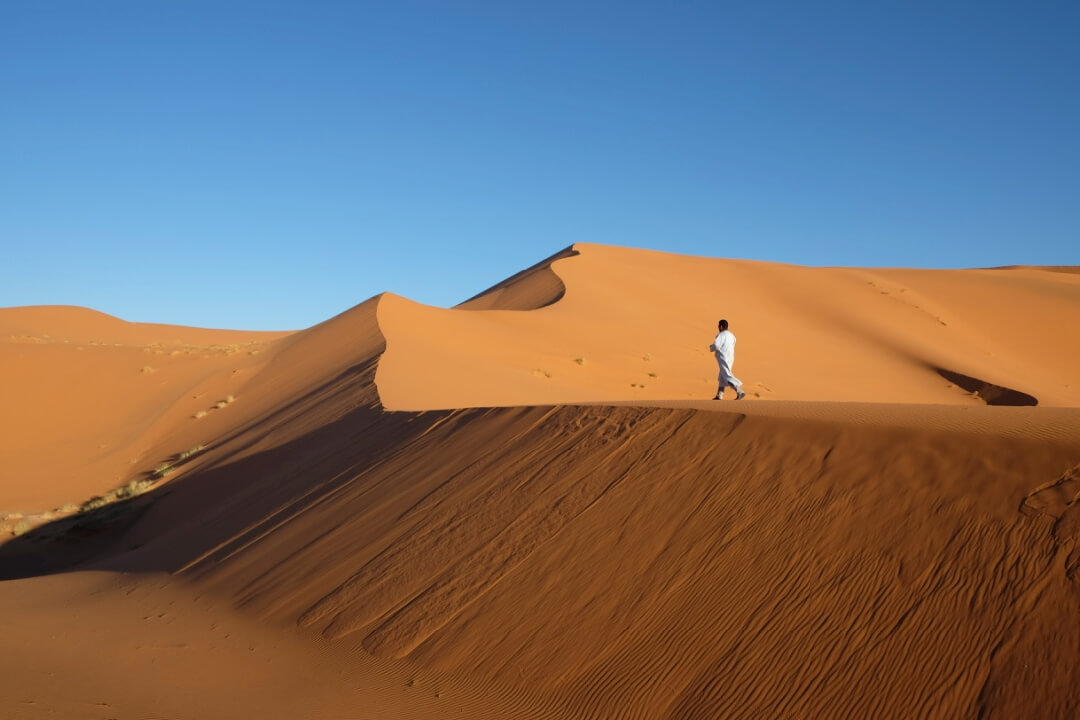
Need nature to melt away your stress?
Waking up to a stunning ocean view comes first to mind for a lot of us, but have we been booking similar looking resorts with similar ocean views? An infinity pool is an upgrade but what’s next? How about being deeper in the nature? Scuba dive to observe marine life and admire canyons underwater; sail across seas, bask in sunset rays, count blessings under the stars while the water gently rocks you to sleep. Seen enough of ocean waves? Desert sand dunes are waves shaped by wind except more captivating. Tired of juice cleanse? How about a detox with cleaner air and water? A lazy stroll in the forest, an epic hike in the mountains of New Zealand or magical landscapes in Iceland, collecting glacial water straight in your water bottle. Pure and majestic nature not only de-stresses but also changes your perspectives, if you allow it.
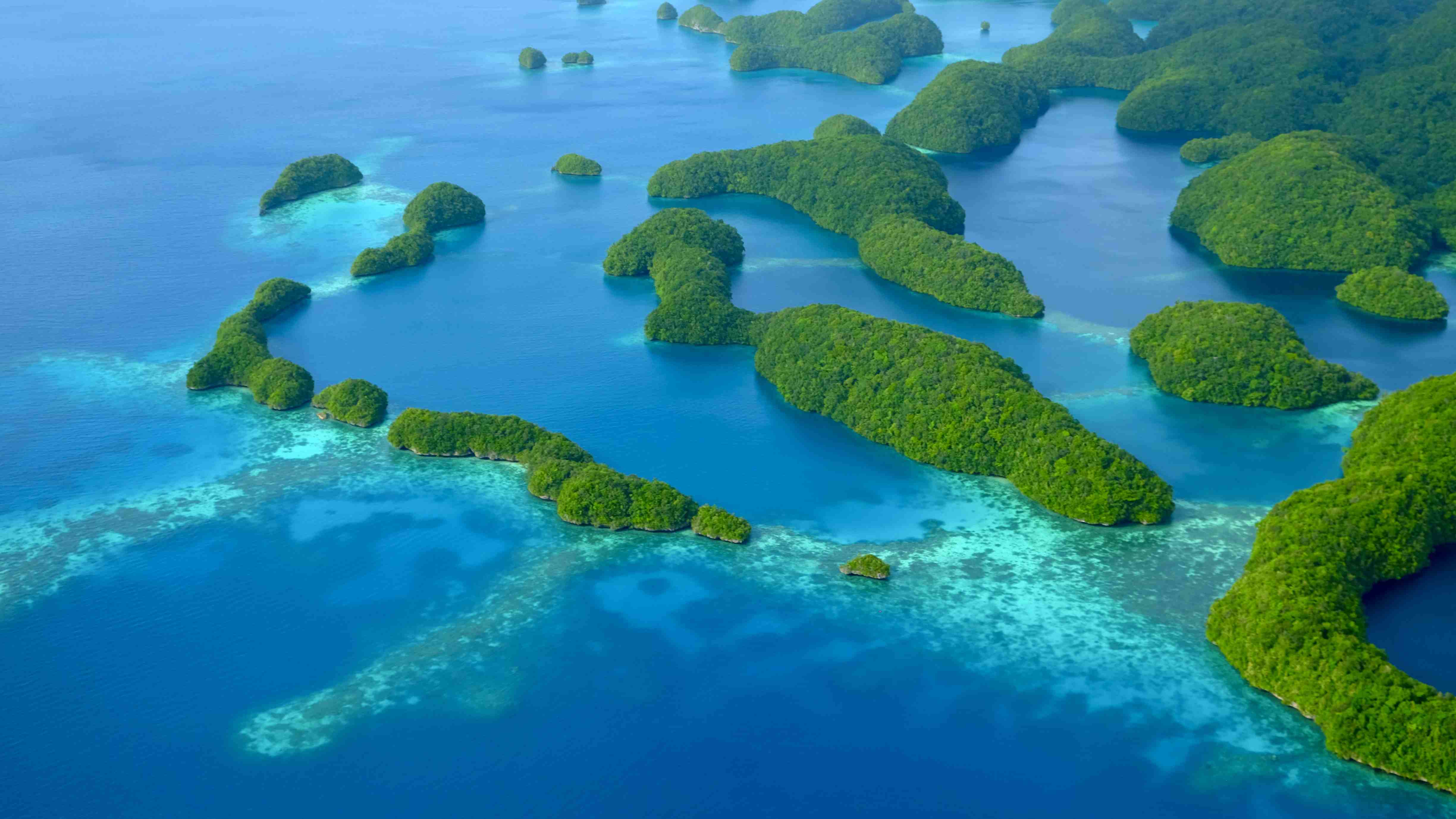
Will paradises stay paradises?
The concept of maintenance on our cars or houses is so ingrained that we are on autopilot with the effort. When we go a friend’s home as guests, we show respect to the space and family. Do we have the same level of respect when we travel? If we want to continue to enjoy the places we visit, what can we do to help sustain? Palau has one of the most effective conservation programs in the world. A mandatory Green Fee started in 2009 as part of the departure tax. Effective Jan 1, 2018, the Green Fee is replaced by a $100 USD Pristine Paradise Environmental Fee included in airline tickets into Palau. In addition, Palau is the first nation on earth to legally require visitors to sign an eco-minded Palau Pledge embedded in the visa. Can the mindset in this pledge be applied to every destination worldwide? cities, countryside, as big as a nation, as small as your home or car?
Children of Palau,
I take this Pledge,
To preserve and protect your beautiful and unique island home.
I vow to tread lightly, act kindly, and explore mindfully.
I shall not take what is not given.
I shall not harm what does not harm me.
The only footprints I shall leave are those that will wash away.
Learn why the children of Palau have helped written this pledge:
It’s life, sensational.
There is so much more to uncover in life through travel. It seems we always manage to create more space in life when we travel. We are more willing to open our eyes to find beauty in anything when we travel. Perhaps it’s not travel that we seek. It is life.
